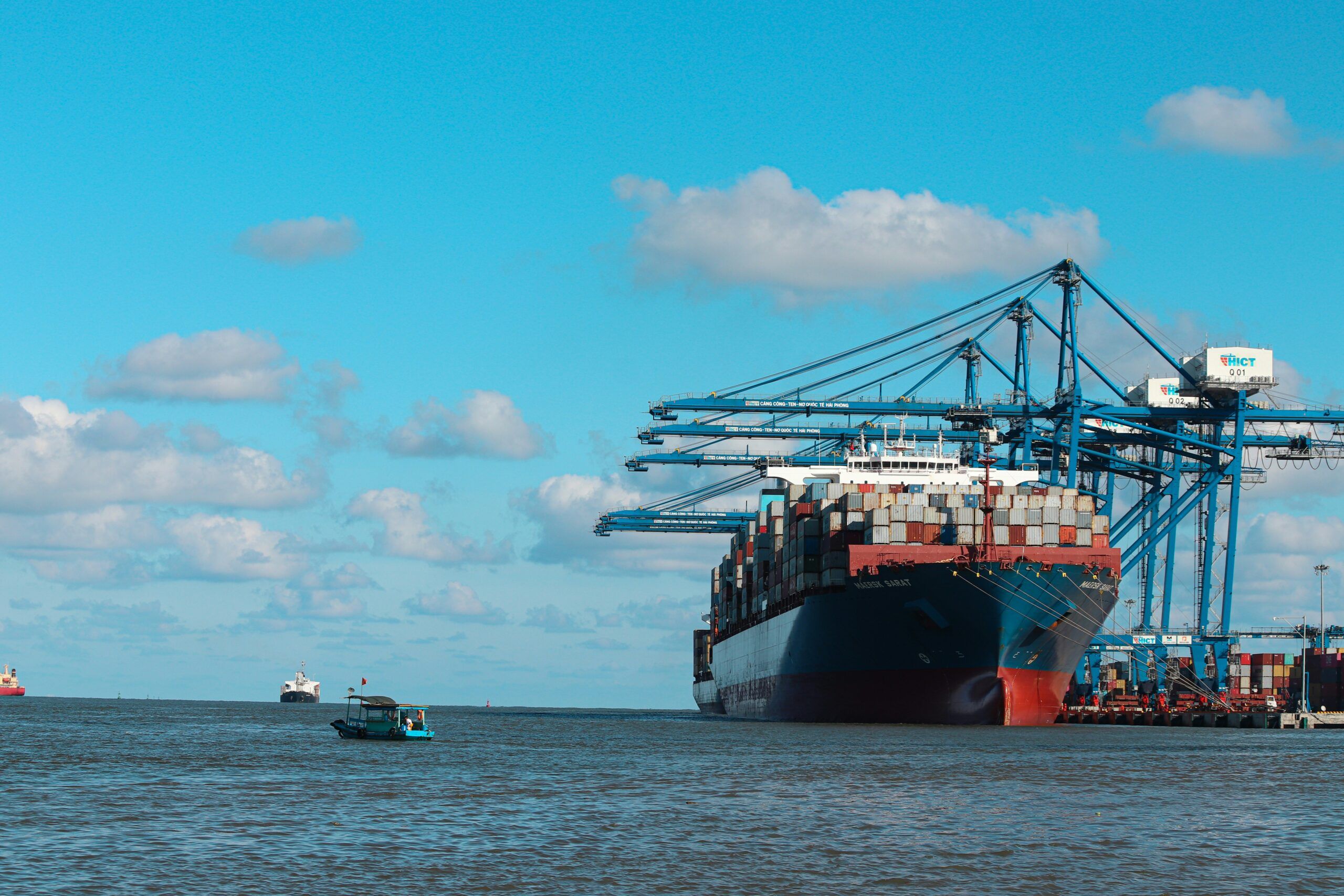Decoding the Fine Print: Key Terms in a Loan Agreement Every Director Should Know
Securing Corporate Borrowing is a strategic move, yet the underlying loan agreement is the document that governs your business for years. For any director, merely checking the interest rate is insufficient; understanding the “fine print”—the clauses that dictate operational freedom and failure triggers—is paramount to prudent financial management.
This guide decodes the Key Terms in a Loan Agreement that define risk and control, particularly within the context of structured finance.
1. The Financial Core: Cost and Disbursement
These terms define the transactional cost and the mechanics of receiving funds:
- Principal Amount: The fundamental sum borrowed.
- Interest Rate: The percentage charged on the principal. Directors must differentiate between fixed and variable rates and understand the benchmark (e.g., EURIBOR or SONIA) used for calculating the cost of Corporate Borrowing.
- Fees: Beyond interest, watch for Arrangement Fees (upfront charges), Commitment Fees (paid on the undrawn portion of a facility), and Prepayment Penalties (charges for early repayment). These define the true economic cost and are part of the overall Contract Fee Structures.
- Conditions Precedent (CPs): These are the legal prerequisites that must be satisfied before the bank is obligated to make the initial drawdown. CPs often include delivering extensive corporate documents, legal opinions, security perfection papers, and demonstrating the absence of any Event of Default. Failure to meet these means the loan facility is technically unusable.
2. The Control Terms: Compliance and Restrictions
The most restrictive clauses in any loan agreement are those designed to protect the lender’s investment by controlling the borrower’s future actions:
- Representations and Warranties: These are factual statements about your company’s current financial and legal status (e.g., that there is no material litigation). If proven untrue, they can trigger an Event of Default, subject to any materiality or cure periods specified.
- Financial Covenants: These are binding promises to maintain specific financial ratios throughout the life of the loan. Common Financial Covenants include:
- Maintaining a minimum Debt Service Coverage Ratio (DSCR).
- Keeping the Debt-to-EBITDA ratio below a set threshold (gearing).
- Failure to adhere to even one covenant—regardless of whether payments are current—is typically classified as an Event of Default.
- Negative Covenants: Specific actions the borrower is prohibited from taking, such as selling key assets, taking on additional Corporate Borrowing, or merging with another entity without the lender’s written consent.
3. The Failure Terms: Risk and Recovery
These clauses detail the circumstances under which the lender can immediately withdraw funding and enforce security:
- Event of Default: The breach of a term (such as missing a repayment or failing a Financial Covenant test) that gives the lender the right to accelerate the debt. Understanding this clause is crucial when reviewing all Key Terms in a Loan Agreement.
- Acceleration Clause: The contractual right for the lender, upon an Event of Default, to demand immediate repayment of the entire outstanding principal plus accrued interest.
- Security and Collateral: The assets the bank has the legal right to seize and sell (Security) to recoup its losses upon an Event of Default.
Collateral Transfer: Simplifying the Loan Terms
While traditional Corporate Borrowing places immense pressure on the borrower through stringent Financial Covenants and difficult Conditions Precedent, using a Collateral Transfer Facility can strategically simplify the subsequent loan agreement.
When institutional collateral is introduced via an external instrument, the lender’s exposure to the underlying corporate risk is drastically reduced. This allows the borrower to potentially negotiate:
- Fewer Covenants: Less reliance on restrictive Financial Covenants related to the corporate balance sheet.
- Simplified Underwriting: The due diligence process can be simplified or narrowed in scope, as the credit analysis places far greater weight on the quality of the institutional security.
- Optimised Fee Structures: Directors must clearly separate the Contract Fee Structures for the Collateral Transfer (the fee for the security asset) from the interest and arrangement fees charged by the ultimate lender (the loan fees).
By utilising external security, directors can navigate the necessary Key Terms in a Loan Agreement from a position of enhanced strength, trading complex internal restrictions for the predictable and transparent cost of institutional collateral.
Master Your Corporate Borrowing Strategy
Knowledge of the fine print is power. Empower your next financing round by structuring a deal where the collateral is robust and the conditions are manageable.
IntaCapital Swiss specialises in demystifying complex Contract Fee Structures and providing the institutional security needed to secure optimal Corporate Borrowing.
Don’t sign without understanding your full liabilities. Contact our experts today for strategic insight.










